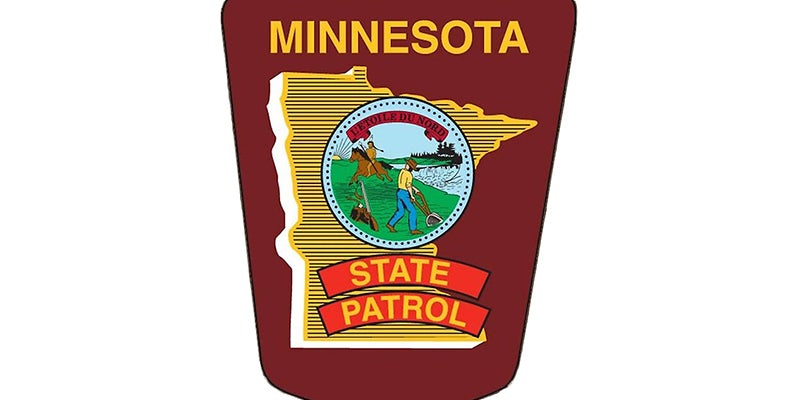Sparks: Real ID passes as state session nears its end
Published 8:10 am Saturday, May 20, 2017
By Dan Sparks, State Senator, District 27
The 2017 Legislative Session is days away from wrapping up and the last pieces are coming together. After months of input from constituents, work on legislation in committees, and debate in the Senate chamber the budget is almost finished. The last week of session is nearly always a lot of negotiating between House and Senate leaders and the governor. This year, the differences on the budget between the legislature and Gov. Mark Dayton are vast, but not insurmountable.
After years of delays, on Wednesday the Minnesota Legislature passed a neutral Real ID bill that will allow Minnesotans to fly with their driver’s license and allow those worried about data privacy to remain private. This compromise guarantees Minnesotans can board domestic flights and visit their loved ones on military bases. It also ensures there are no unnecessary barriers in our economy. I am thankful the legislature was able to compromise and remove the controversial language that many opposed.
Early education programming is one of Dayton’s hallmark budget priorities. I am also in favor of an education bill that gives our local schools enough money to avoid cuts, teacher layoffs and increased classroom sizes. Likewise, I am supportive of the governor’s calls for greater pre-k funding. The Austin school district received funding last fall for free, voluntary pre-k which helps prepare four-year-olds for kindergarten. This programming has seen huge successes, and I would like to see the funding maintained and increased to allow more Minnesota kids to access this excellent learning opportunity.
Meanwhile, as these final days zip by, the House and Senate Majority continue fighting for a larger tax bill. While I am supportive of a balanced investment and tax break approach, there are several items in the tax bill that I am supporting for our community. Graduates working to pay off student loans, beneficiaries of Social Security, business owners, and those who file in Minnesota’s lowest tax bracket are among the many who will benefit from this bill in the form of lower tax burdens.
I am also particularly in favor of the tax bill provision that provides $34 million to assist agriculture landowners. The bill includes a 40 percent tax credit on property taxes paid to help fund local school bond referendums. The change in the law comes as a response to rising agricultural property taxes that farmers have said are partly due to local levy obligations. Not only does this encourage rural landowners to assist our small, rural schools by voting yes on referendums, it also helps ease the property tax burden — particularly during times when commodity prices are low.
As negotiations continue, I’m also hoping for a comprehensive transportation funding bill. Minnesota has a huge transportation network that requires upkeep — and transportation construction projects are pricey. Nearly everyone is concerned about how we’re going to pay to fix our local roads, maintain, and in some cases replace aging bridges. These fixes are expensive, and the local tax base frequently can’t afford to carry the full cost of repairs.
While the budget and controversial issues get the most press, frequently it’s smaller bills that have a bigger impact on local communities. In our case, I’m proud of the provision that provides $1.7 million to the Shell Rock River Watershed to acquire more land to help restore and maintain. I’m also fighting for the $500,000 of Legacy money dedicated to fending off the Emerald Ash Borer (EAB) forest pest. The cost of removing ash trees adds up quickly; it costs about $1,000 on average to remove and replace a single ash tree. The Legacy money will assist communities in slowing the spread of EAB and allow cities to slowly transition to a more diverse urban forest.
I want to thank all of my constituents who took time to call, write or visit me at the capitol. A citizen legislature means your voices are always incredibly important to the democratic process. Please stay engaged, and never hesitate to call or email me your thoughts or questions on a piece of policy or any kind of legislative question.


